Staff Orientation program on Palestine – Israel issue
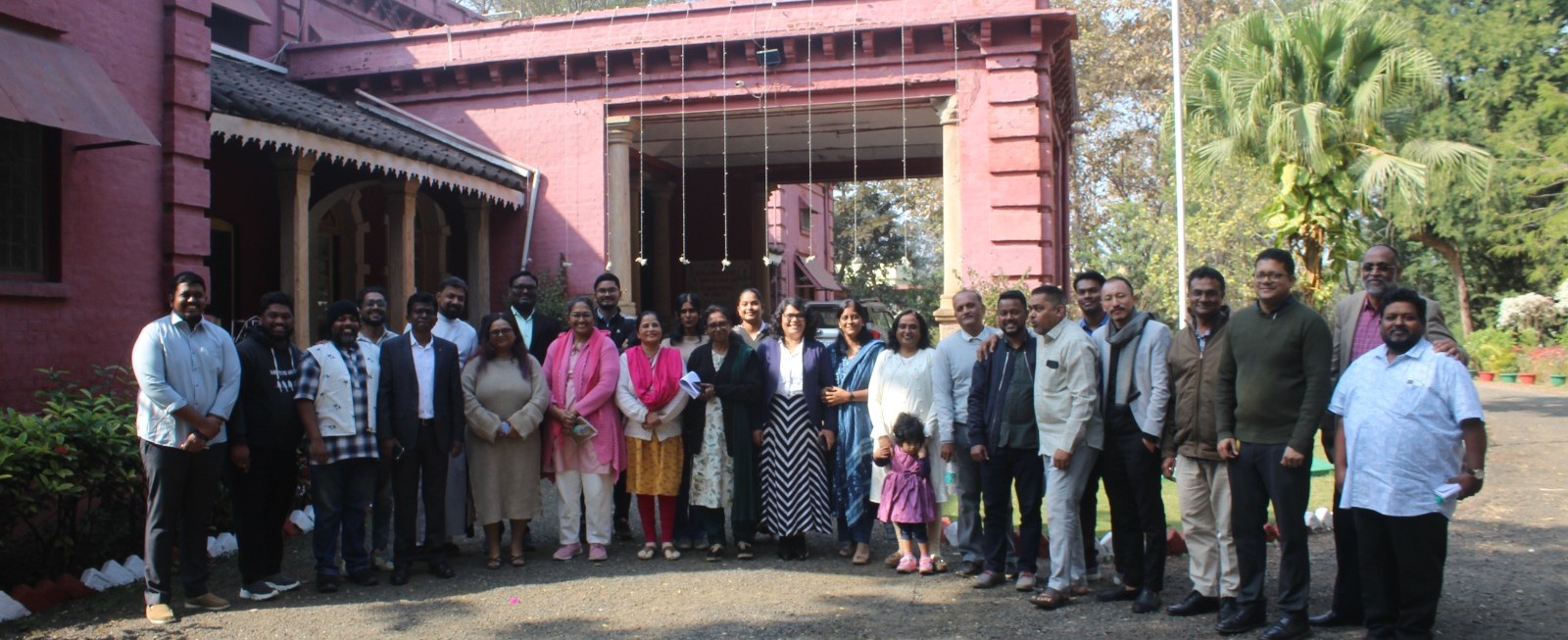
An Orientation on the Palestine-Israel crisis was conducted on 9th January 2026 in the NCCI Campus, Nagpur. This was an Initiative of the Kairos India Partnership (KIP) to capacitate staff of Christian Organisations and Churches on the Palestinian Issue.
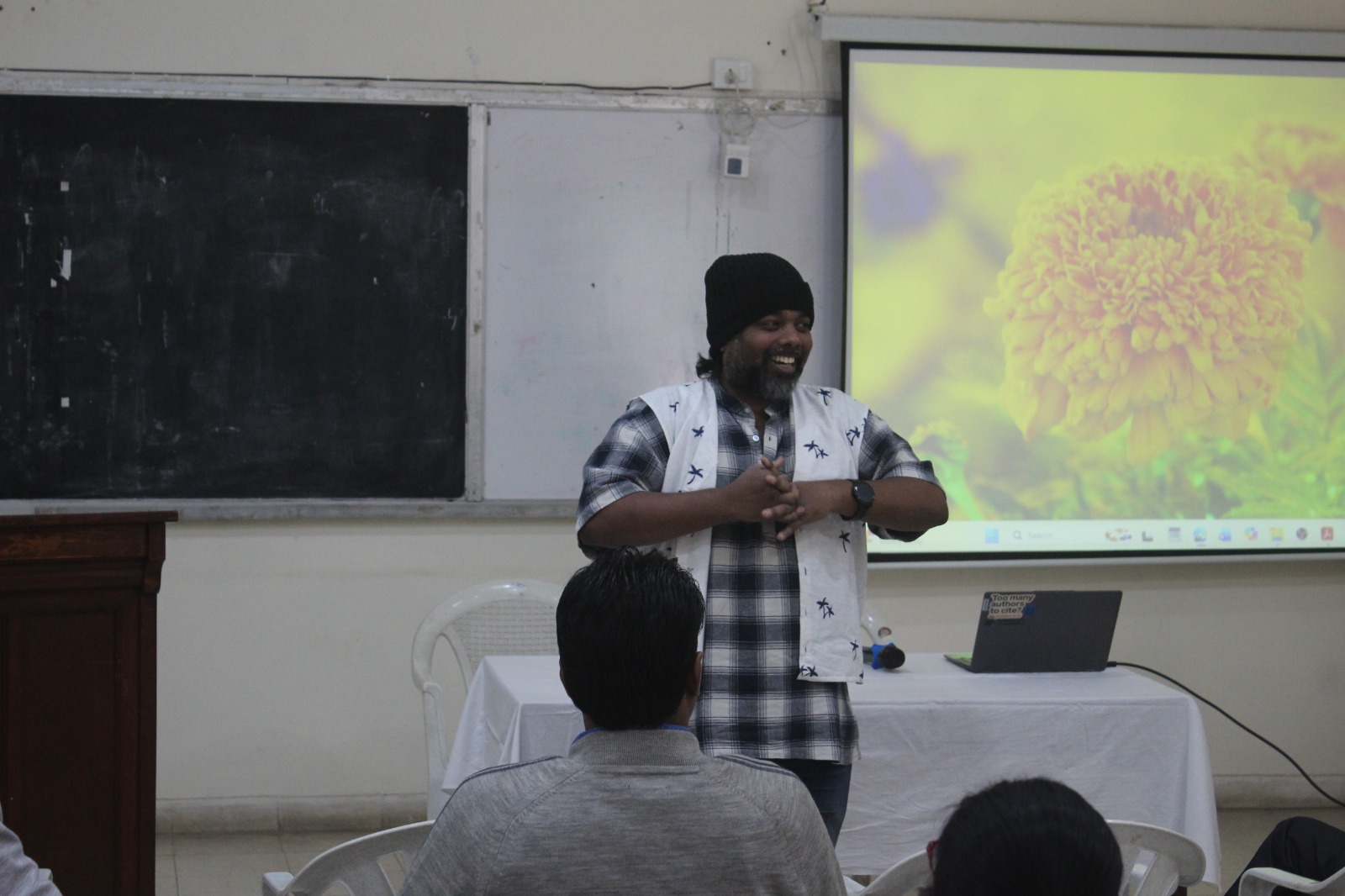 Around 30 people from National Council of Churches in India (NCCI), Christian Service Agency (CSA), Young Man Christian Association (YMCA), Bible society of India (BSI) and pastors from Church of North India (CNI) and Marthoma Churches attended the orientation.
Around 30 people from National Council of Churches in India (NCCI), Christian Service Agency (CSA), Young Man Christian Association (YMCA), Bible society of India (BSI) and pastors from Church of North India (CNI) and Marthoma Churches attended the orientation.
The Program aimed to strengthen the understanding, commitment and ecumenical solidarity with the struggles of the Palestinian people and to relate their experiences with similar struggles for Justice among marginalized communities in India.
The Kairos India Partnership (KIP) is an initiative of Student Christian Movement (SCMI), National Council of YMCA’s, Christian Institute for Study of Religion and Society (CISRS), Christian Union of India (CUI), Board of Theological Education Senate of Serampore College (BTESSC), National Dalit Christian Watch (NCDW) hosted by the National Council of Churches in India (NCCI).
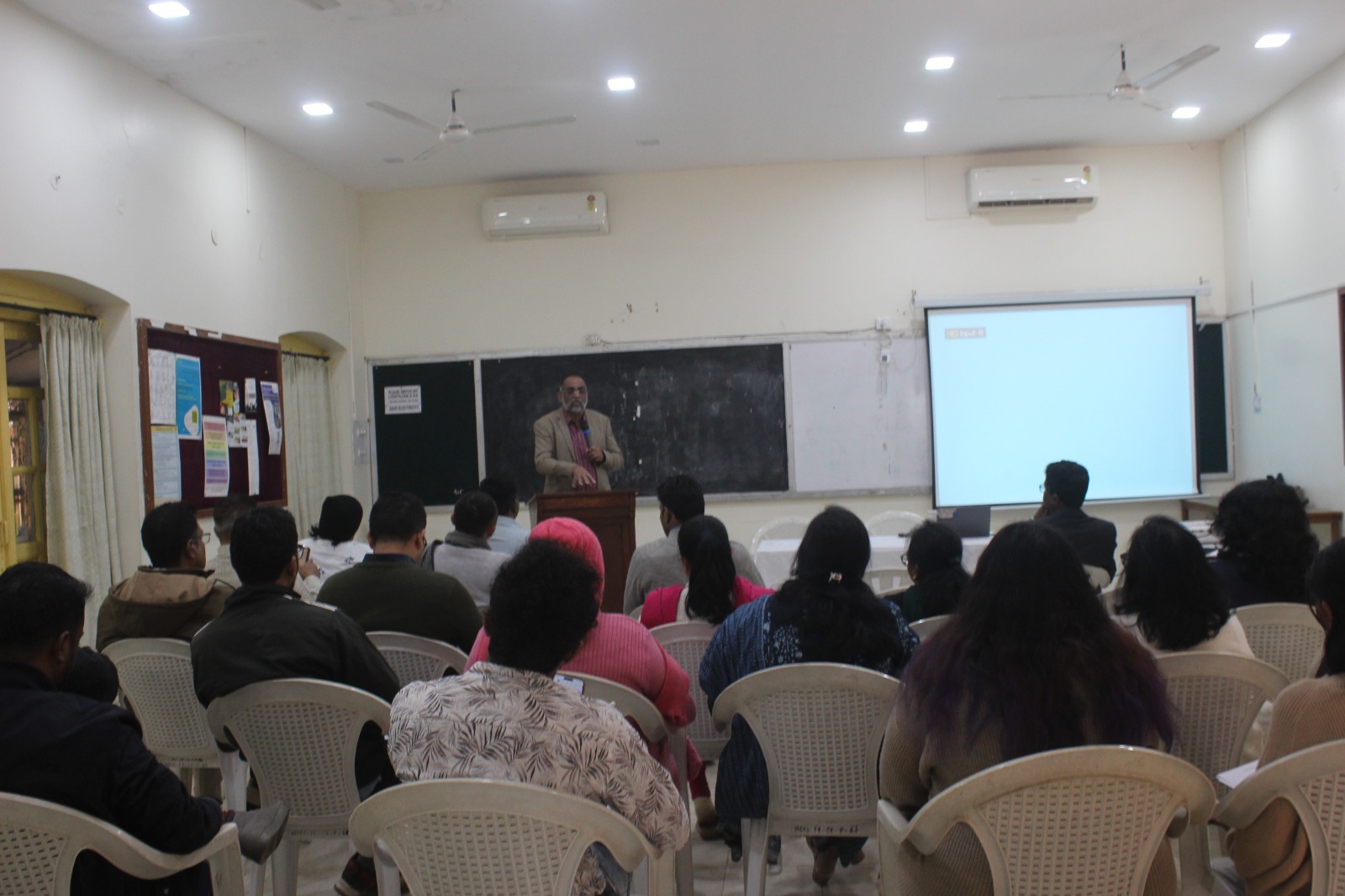
The Objective of Kairos India Partnership:
- To facilitate dialogue and peace from the perspective of the communities in struggle.
- To join in solidarity campaigns of people’s solidarity movements around the world.
- To initiate dialogue among church leaders, faith-based organizations and people’s movements through biblical and theological reflections.
- To formulate pastoral-aids in solidarity with the resisting communities.
- To network among theologians to appraise churches on issues related to Kairos movements.
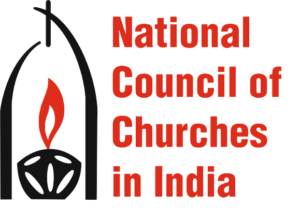
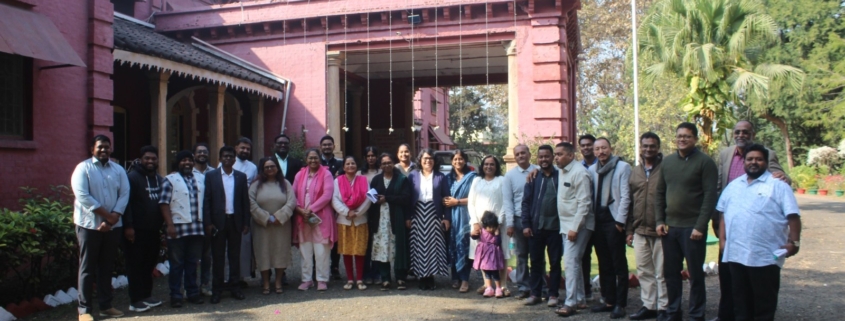

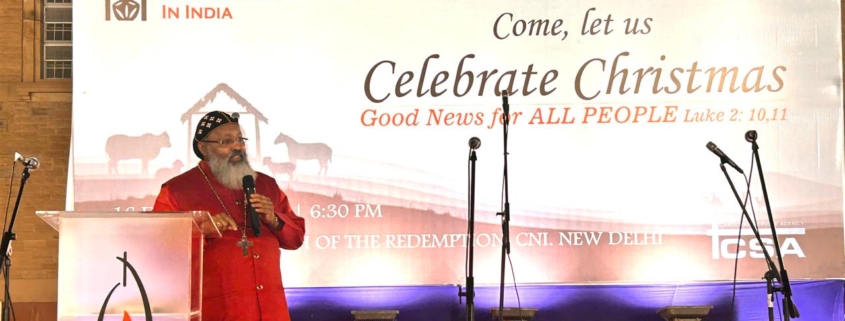
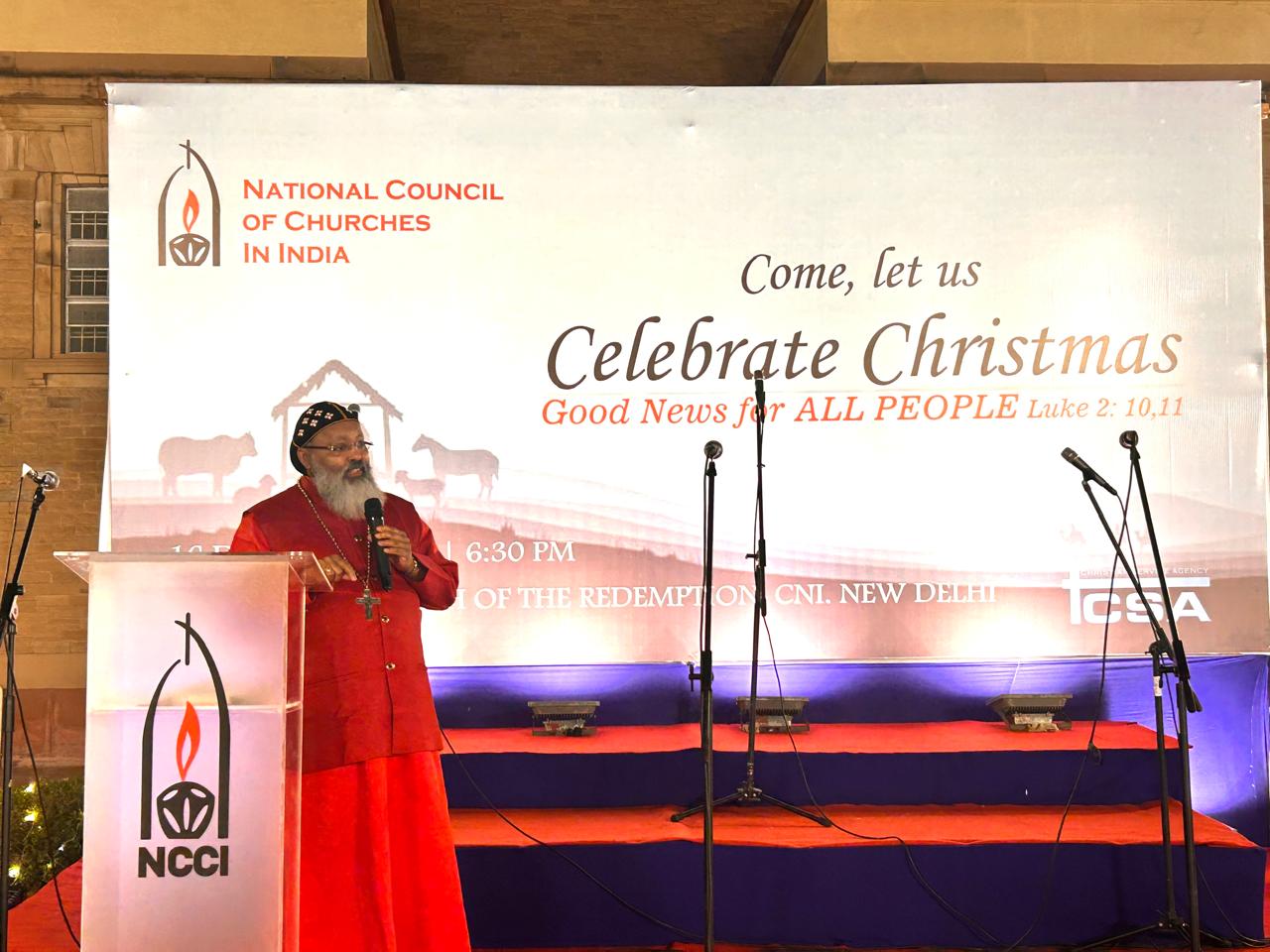
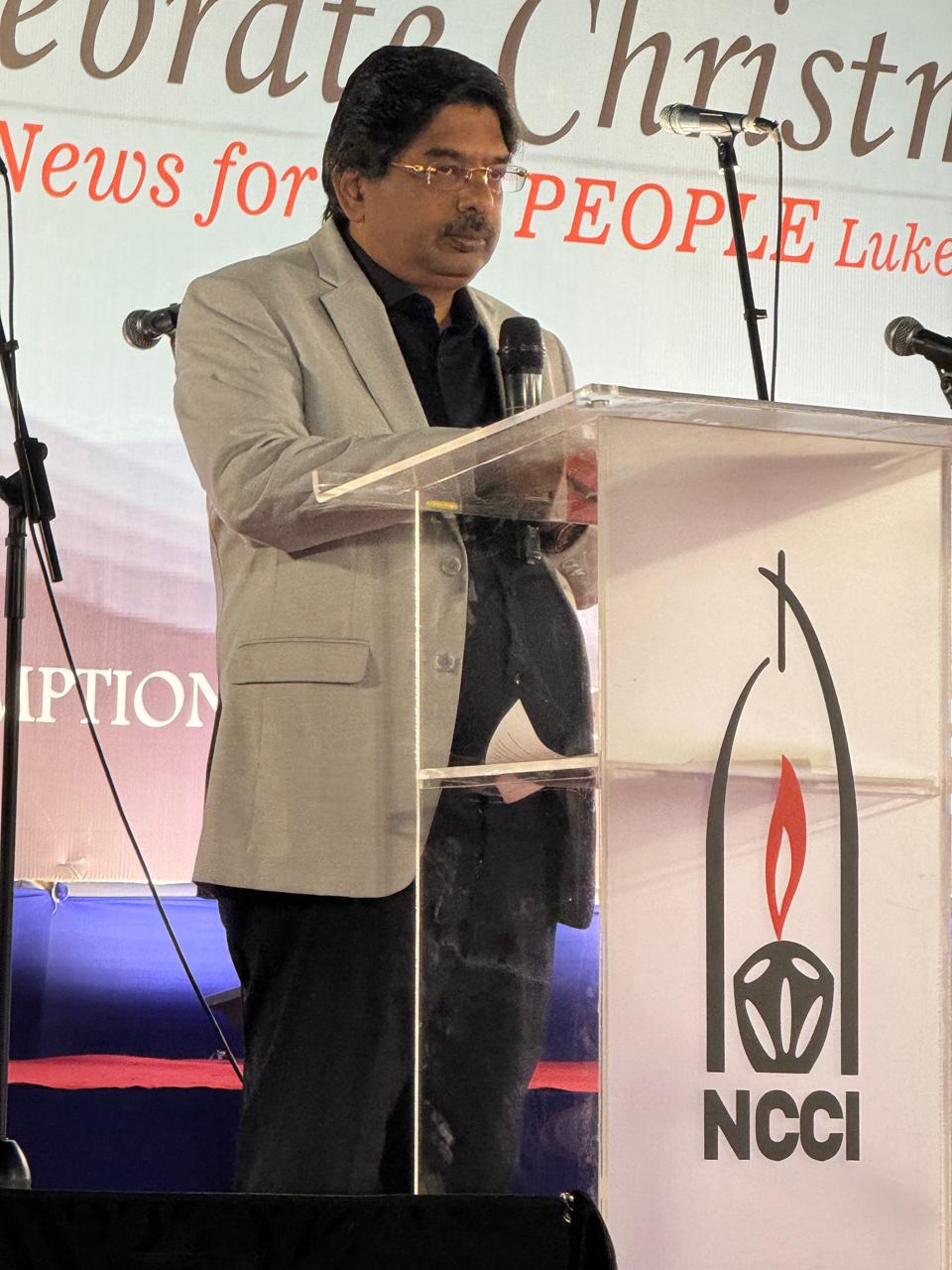
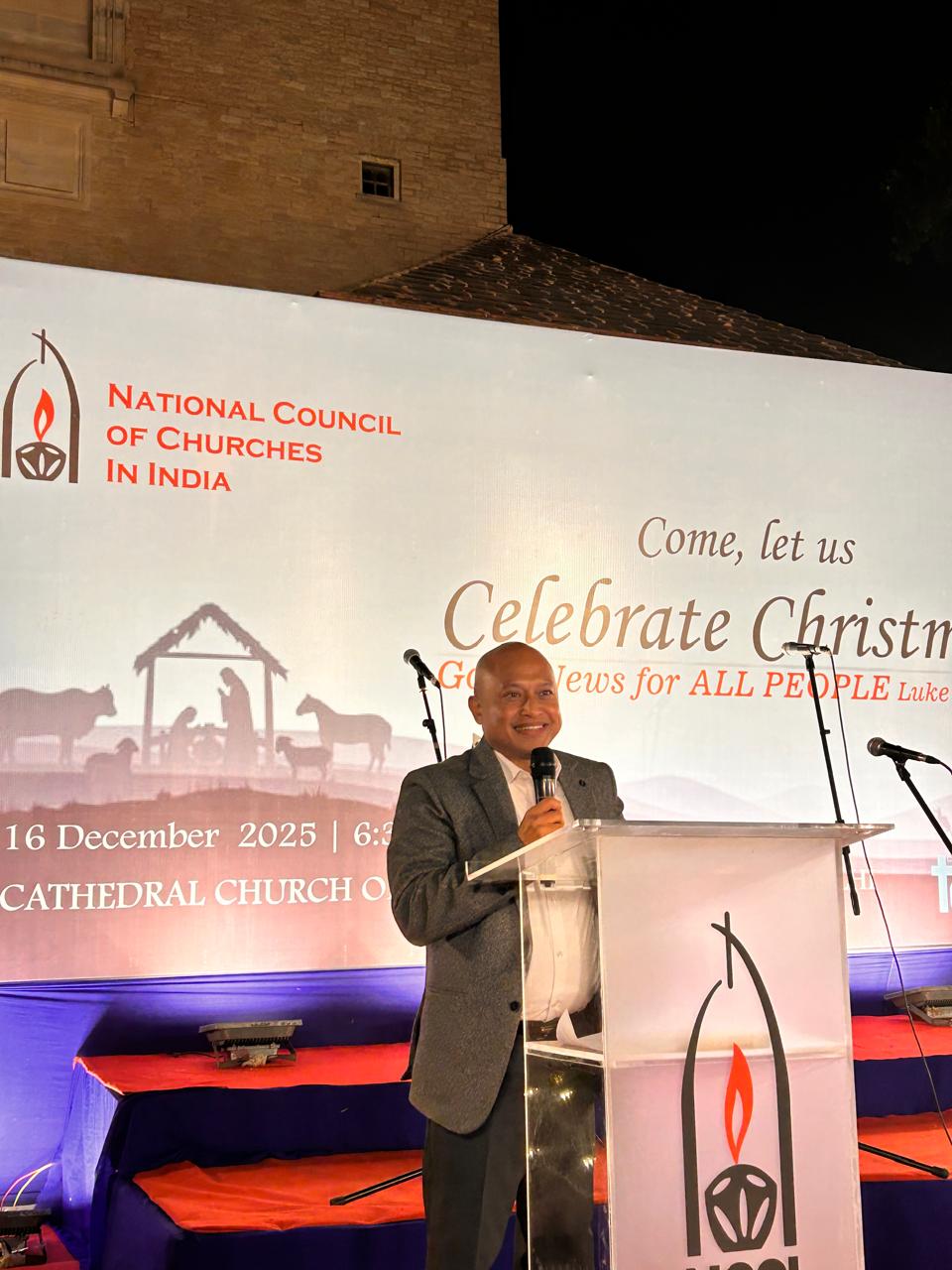
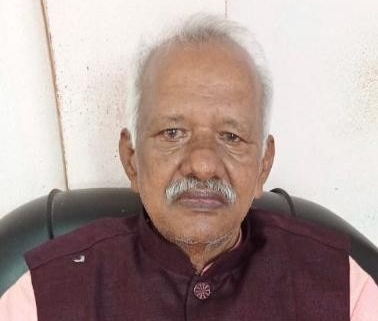
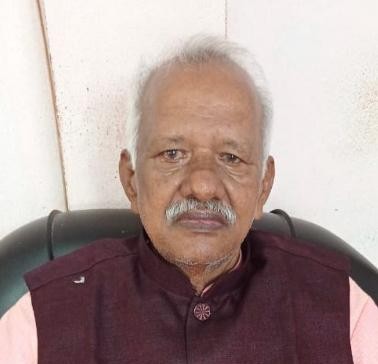
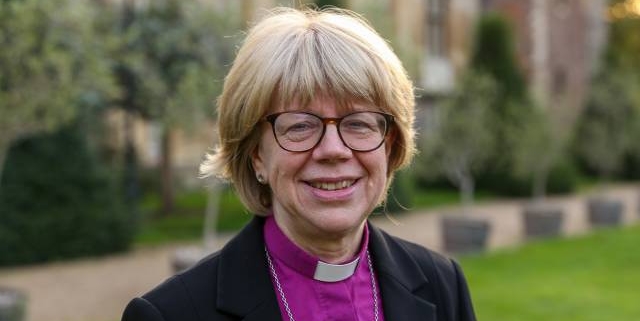




 Lawyers from Alliance Defending Freedom, facilitated the two-days workshop on constitutional and legal framework and highlighted the Laws which can protect the caste-based violence on Dalit Christians. Adv. Samuel David and Adv. Wilson Nathan were the resource persons for the two days.
Lawyers from Alliance Defending Freedom, facilitated the two-days workshop on constitutional and legal framework and highlighted the Laws which can protect the caste-based violence on Dalit Christians. Adv. Samuel David and Adv. Wilson Nathan were the resource persons for the two days.



